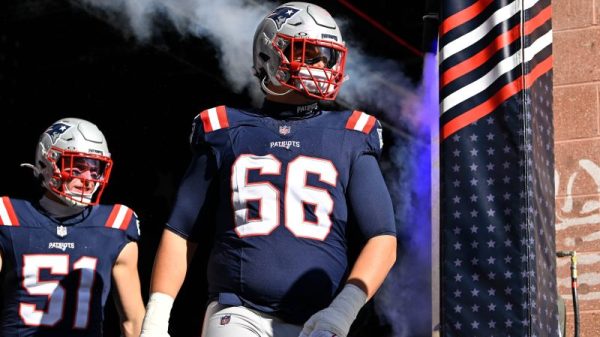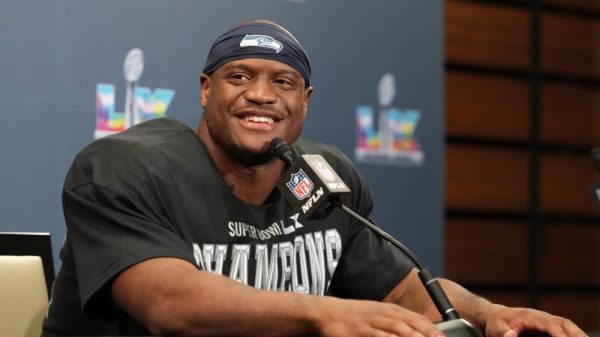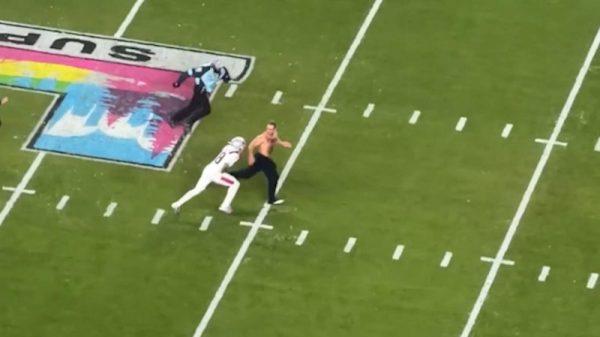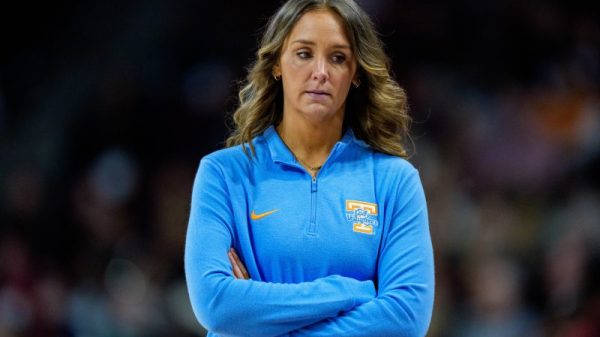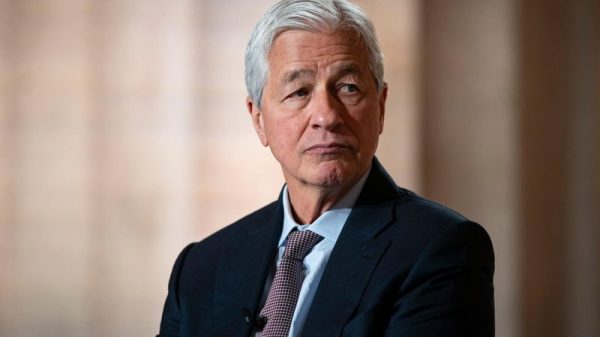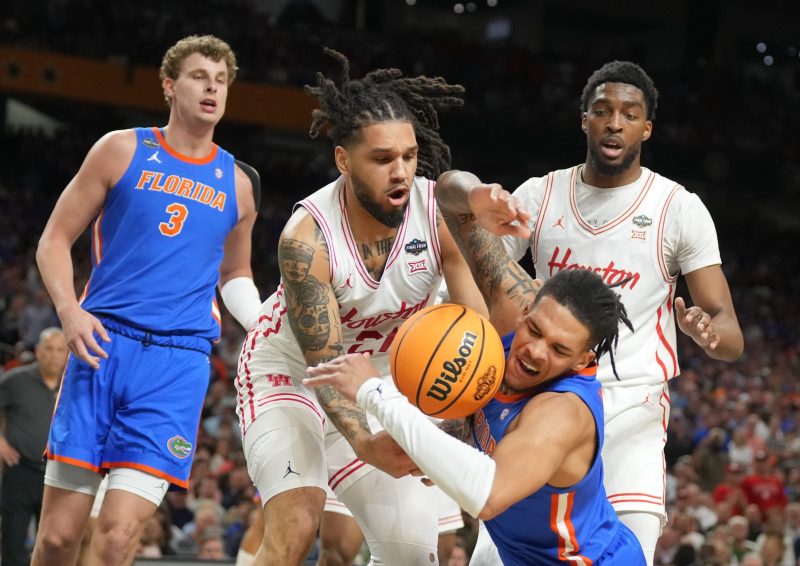WASHINGTON – NCAA President Charlie Baker on Thursday, July 24 said that if the required association governance committees decide to expand the Division I men’s and women’s basketball tournaments, it is unlikely that can be accomplished for the upcoming season.
The Division I basketball committees are scheduled to meet next week, Baker said, and there have been long-running discussions – including at basketball committee meetings two weeks ago – about expanding tournaments to 72 or 76 teams, from the current 68.
Following an appearance at a National Press Club Headliners Breakfast, Baker was asked about doubts that, at this point, that a tournament expansion could occur this season.
“I think that’s a reasonable statement,” Baker said in reference to the difficulty of having these changes go into effect for the 2025-26 season.
Asked why, he replied: “Just logistics. I mean, it’s a lot of airplanes in a very short period of time.”
The NCAA arranges travel for tournament teams, and tournament expansion would mean having to move additional teams, presumably in a more compressed timeframe than currently exists. During the event, Baker explained that the NCAA basketball tournaments must be played between the end of conference tournaments and finish by the Tuesday before The Masters golf tournament.
While showing respect for the basketball committees’ ongoing conversations and review process during the event, Baker – who played basketball at Harvard – also did not hide his feelings about tournament expansion.
Referring to the tournament fields automatically including the 32 conference champions, Baker said: “I love that. I think it’s great — and I never want that to change. But that means there’s only 36 slots left for everybody else. And in many cases there are teams that are among the 50, 60 best teams in the country … I don’t buy this argument that none of the teams that get left out on the bubble are good. It’s untrue.”
He went on to specifically cite recent examples with the St. John’s and Indiana State men’s teams being left out of the field and, after recounting each of their seasons and conference tournament play, separately said that each team “should have been in” and that when teams that are among the top 50 or so in the country are left out, “I think that sucks.”
Tournamnent expansion must be approved by not only the basketball sport committees that also serves as tournament selection panels (there is one for the men’s game and one for women’s), but also by the basketball oversight committees (again, one for each game) and by the Division I Board of Directors. Depending on how expansion would be funded, the NCAA Board of Governors also might have to approve.
Baker covered a range of other topics during the program and in an interview with a small group of reporters afterward.
He said he would be “fine” if federal legislation concerning college sports included antitrust protection for NCAA rules – making that initially would last for only two or three years before being subject to Congressional review.
Open-ended antitrust protection for the NCAA is included in a bill that was passed two U.S. House committees on July 23, setting the measure for a floor vote. Some Democrats have cited this as a reason to oppose the bill.
Baker reiterated during his appearance here that the NCAA needs some form of antitrust protection to keep from constantly facing legal challenges to rules including those related to transfers, the number of seasons for which athletes are eligible to play and academic requirements.
“It’s more about (protection) that’s defined, conditional and temporary,” Baker said. “And if they wanted to do it for two or three years and make us come back, or have us report progress, or create a mechanism for complaints … I’m fine with that. I’m not looking for a blanket, permanent exemption.”
Citing an ongoing lawsuit, Baker declined to comment on a letter from 28 state attorneys general urging the NCAA to wipe out records, awards, titles and any other recognitions transgender athletes received in women’s sports. In 2022, Penn swimmer Lia Thomas became the first openly transgender athlete to win a NCAA Division I title.
The recognition of that record is at issue in a lawsuit pending in Georgia, and Baker said: ‘I would defer at this point to the fact that we’re in court on these issues, and I don’t really want to get ahead of the legal process.’






